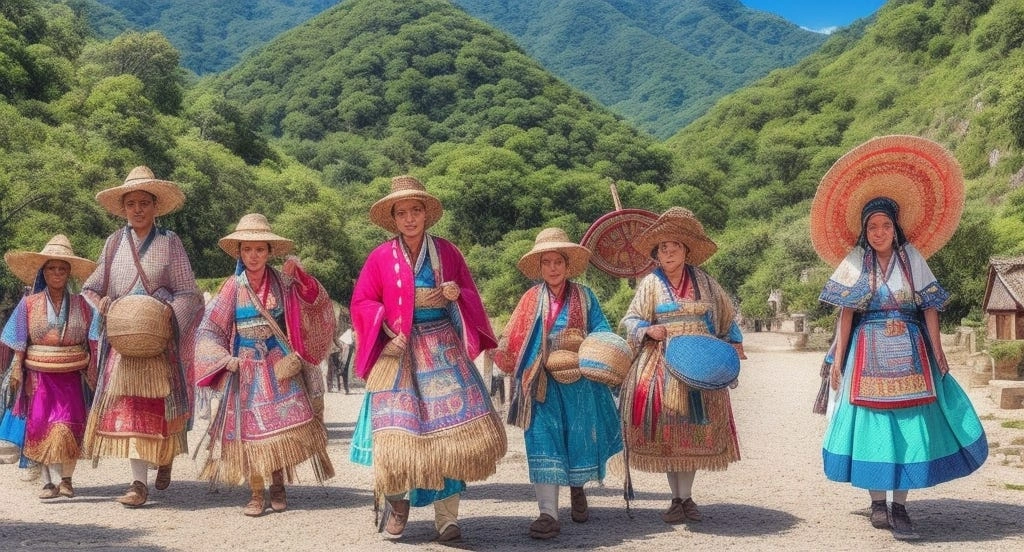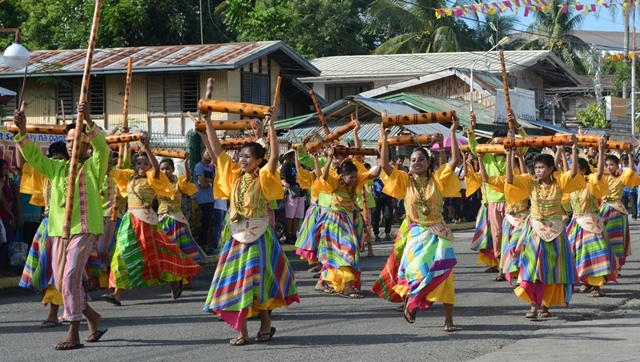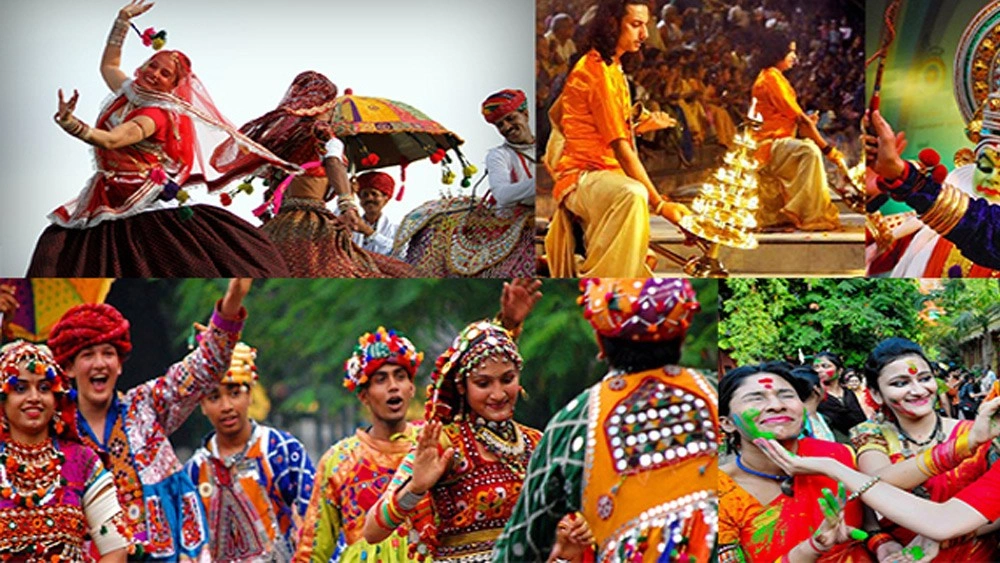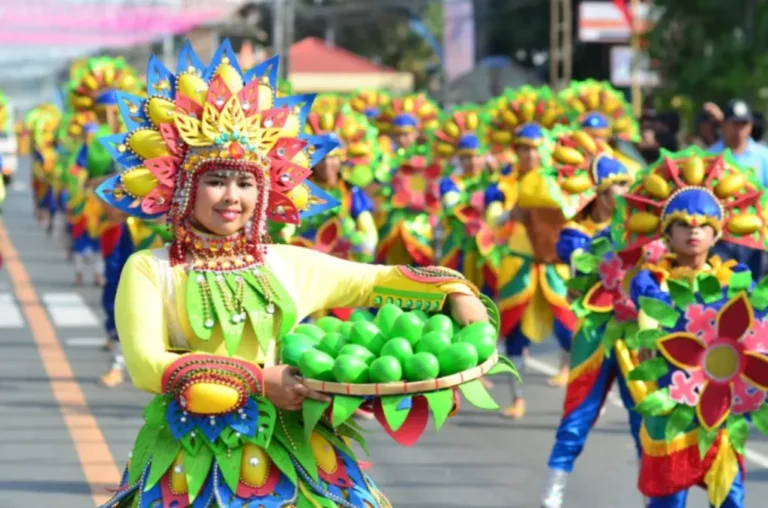Cultural tourism offers an enriching way to explore the world. Unlike typical vacations, which often focus on relaxation or sightseeing, cultural tourism delves deeper into the unique traditions, customs, and lifestyles of the places you visit. Whether you’re wandering through ancient ruins, attending local festivals, or learning traditional crafts, cultural tourism allows you to experience a destination’s heritage firsthand.
In this blog, we’ll explore the concept of cultural tourism, why it’s important, and how you can make the most of your travels by immersing yourself in local cultures and traditions.
What is Cultural Tourism?
Cultural tourism involves traveling to experience the culture of a particular place. This includes exploring historical landmarks, participating in local festivals, interacting with indigenous communities, and learning about traditional art forms, music, and cuisine. It’s a type of tourism that prioritizes authentic cultural experiences, fostering a deeper connection between travelers and the places they visit.
Unlike mass tourism, which often focuses on visiting popular attractions, cultural tourism allows you to connect with a destination on a more personal level. It’s about understanding the history, customs, and values of the locals, and respecting the traditions that have shaped the culture over time.
Why is Cultural Tourism Important?

Cultural tourism is beneficial not only for travelers but also for the destinations they visit. Here are a few reasons why cultural tourism plays a significant role in global travel:
- Preserves Cultural Heritage: By supporting local traditions, cultural tourism helps preserve heritage sites, art forms, and practices that might otherwise be at risk of disappearing. In some cases, income generated from cultural tourism is reinvested into preserving landmarks and supporting local artisans.
- Promotes Cultural Exchange: Cultural tourism fosters mutual understanding and respect between people from different backgrounds. When travelers engage with local cultures, they gain insight into different ways of life, breaking down stereotypes and building connections across cultures.
- Boosts Local Economies: Cultural tourism often contributes to the local economy by creating jobs in sectors like hospitality, handicrafts, and guided tours. It encourages the growth of small businesses and provides an economic incentive to protect local traditions.
- Enhances Travel Experiences: For travelers, cultural tourism offers a more enriching experience than simply visiting well-known attractions. By immersing themselves in local customs and traditions, tourists gain a deeper understanding of the destination and create lasting memories.
How to Experience Local Cultures and Traditions Through Tourism

If you’re interested in exploring local cultures and traditions, here are some tips to make your cultural tourism journey truly unforgettable:
1. Visit Historical and Cultural Sites
Every destination has a rich history, often reflected in its landmarks and monuments. Whether it’s an ancient temple, a medieval castle, or a colonial-era neighborhood, these sites offer a glimpse into the past and the culture that shaped it. Plan visits to museums, art galleries, and historical parks to learn more about the area’s heritage.
2. Attend Local Festivals and Celebrations
One of the most immersive ways to experience a culture is by participating in local festivals and events. From traditional dances and music to religious celebrations and harvest festivals, these events provide a window into the heart of a culture. Whether you’re joining a vibrant carnival in Brazil or witnessing a solemn ceremony in Japan, attending a local festival allows you to witness firsthand the customs and rituals that define a place.
3. Try Authentic Local Cuisine
Food is an integral part of any culture, and tasting local dishes is a must when engaging in cultural tourism. From street food to fine dining, each region offers unique flavors and cooking techniques. Whether it’s sushi in Japan, tapas in Spain, or curry in India, food is a delicious way to connect with a destination’s culture. Don’t be afraid to step outside your comfort zone and try something new.
4. Support Local Artisans and Craftsmen
In many destinations, traditional crafts such as weaving, pottery, and woodwork are passed down through generations. Supporting local artisans by purchasing handmade crafts is a great way to engage with the culture and contribute to its preservation. Look for local markets or craft fairs where you can buy authentic items while learning about the artistry behind them.
5. Engage with Local Communities
For a truly immersive cultural experience, engage with local people. Many communities offer cultural tours, workshops, and home stays where you can connect with locals and learn about their way of life. Whether it’s learning how to dance a traditional folk dance or staying with a family in a rural village, these interactions provide insight into the culture that goes beyond what you’ll find in guidebooks.
6. Learn the Language
While English is widely spoken in many tourist destinations, learning a few basic phrases in the local language can go a long way in fostering connections. Simple greetings, polite expressions, and asking about local customs can help you build rapport with locals and show respect for their culture.
Tips for Responsible Cultural Tourism

As you explore local cultures and traditions, it’s essential to practice responsible tourism. Here are some guidelines to ensure that your travel doesn’t negatively impact the destination:
- Respect local customs and traditions: Be mindful of cultural norms, such as appropriate dress codes or behavior, especially when visiting religious sites.
- Support sustainable tourism: Opt for eco-friendly accommodations, avoid over-tourism hotspots, and support businesses that prioritize sustainability and ethical practices.
- Be respectful of local people: Always ask for permission before photographing individuals, and be considerate of their privacy and space.
Final Thoughts
Cultural tourism offers a unique and enriching way to travel, allowing you to connect with the world on a deeper level. By exploring local cultures and traditions, you gain insight into the history, values, and customs that shape a destination. Whether you’re visiting ancient landmarks, attending festivals, or tasting authentic cuisine, cultural tourism provides an unforgettable travel experience that goes beyond the typical tourist path.
So, the next time you plan a trip, consider embracing the richness of cultural tourism and let your journey be a celebration of local heritage and traditions.


